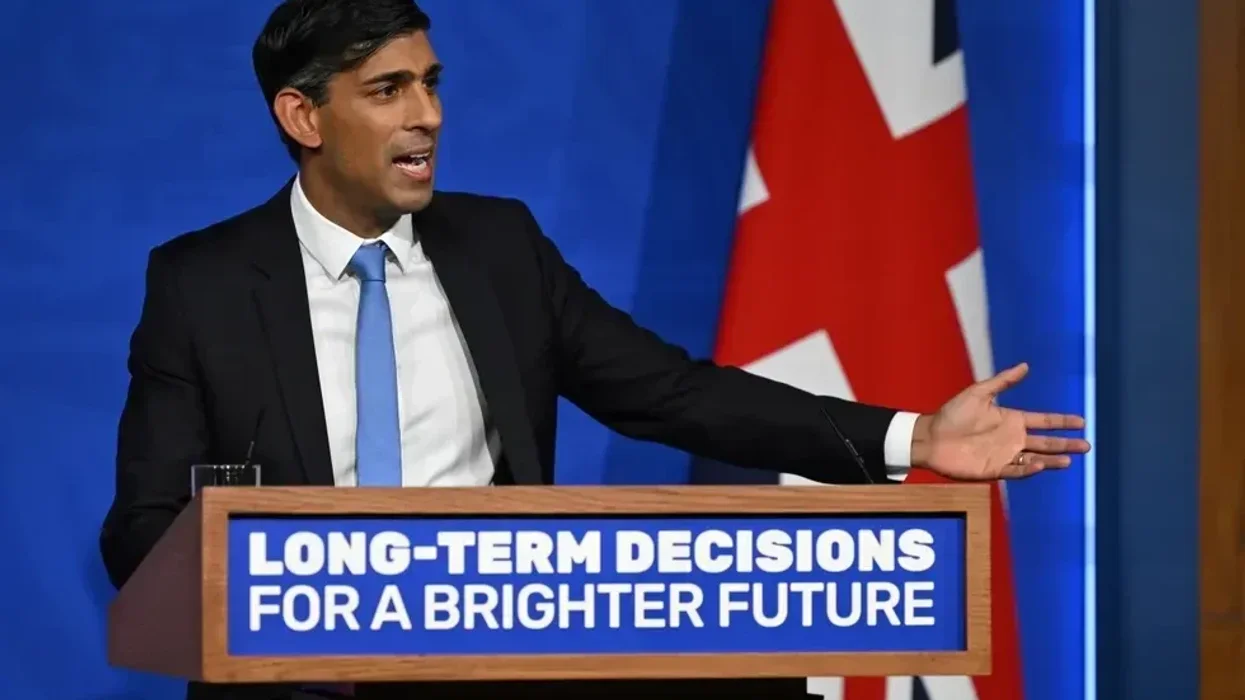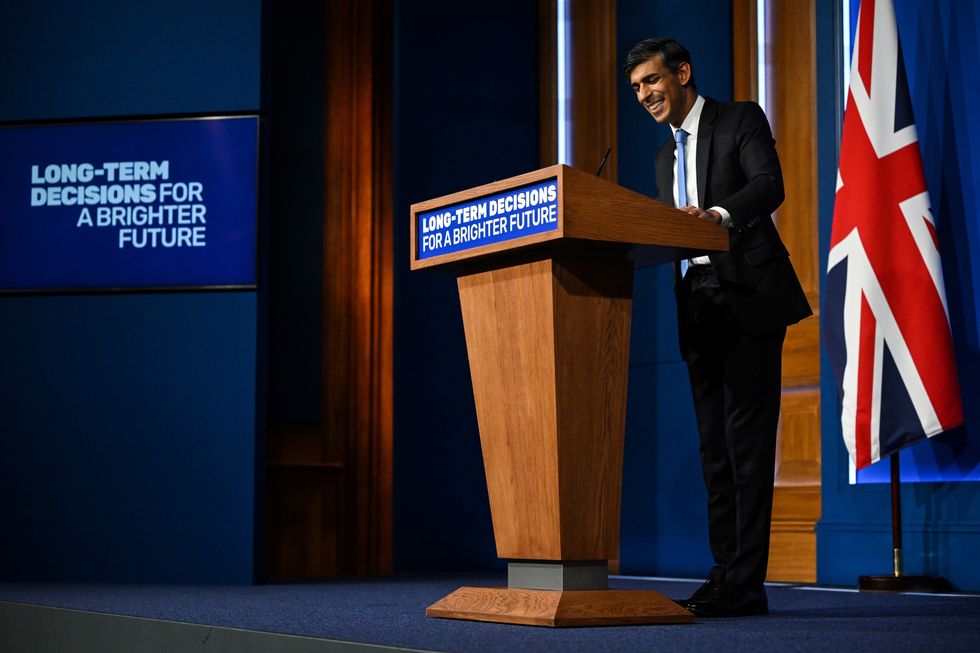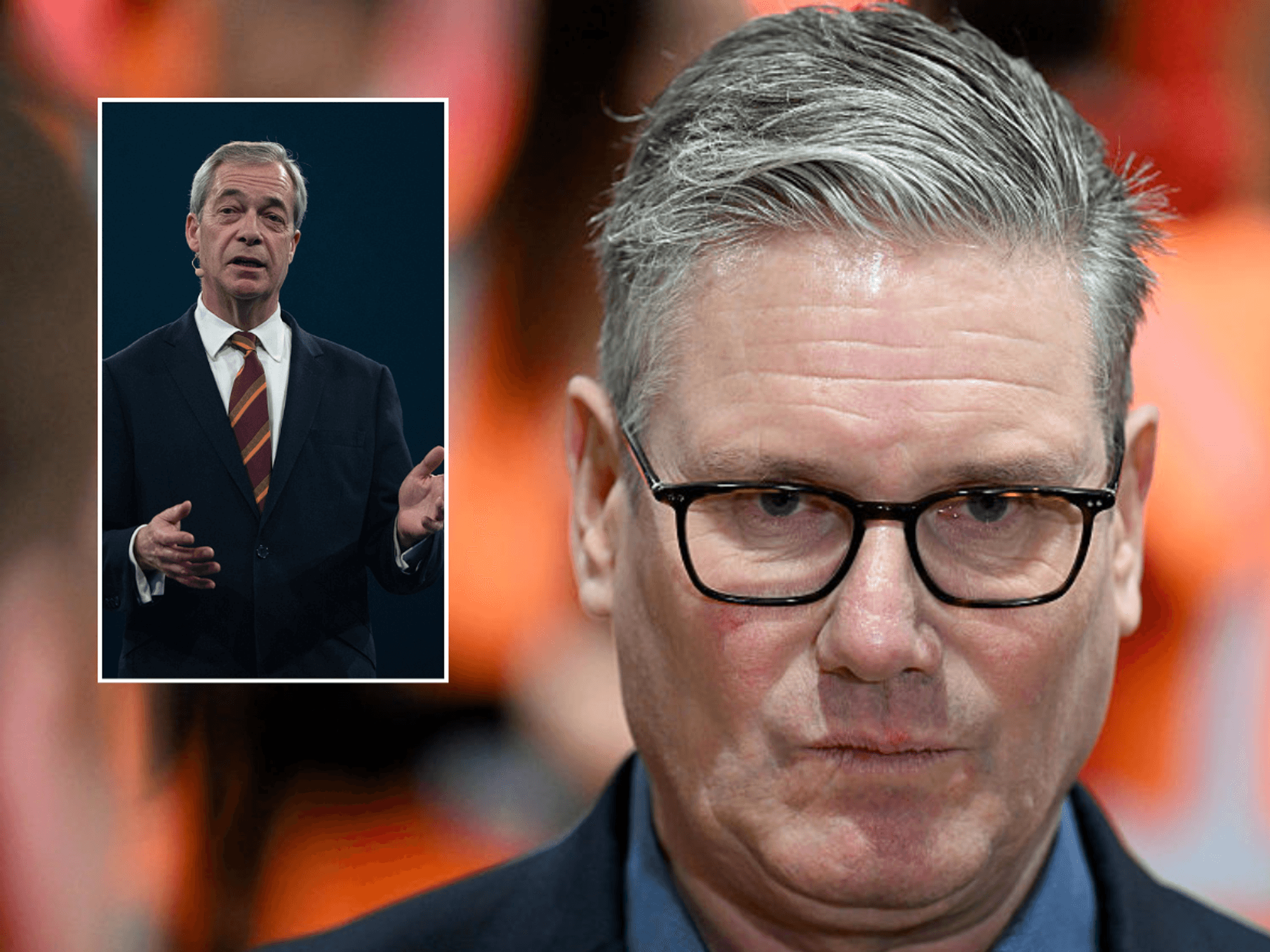Sunak's eco-policy revamp comes with a sting in the tail - analysis by Tom Harwood

The Prime Minister has embarked upon his most significant shift in policy to date
PA

'Having correctly communicated that Net Zero carries costs, the Prime Minister will not be credible in his plans to deliver it without setting out what some of those costs will be, and who amongst us will pay for them'
Don't Miss
Most Read
Latest
The Prime Minister has embarked upon his most significant shift in policy to date. Upon entering number ten the watchword of his ministry was stability. The goal: stabilise politics, stabilise the markets, stabilise the economy.
Yet now, ten months into the job, there have been signs of recovery. The UK economy was uprated by the ONS, a full 2 per cent bigger than had previously been thought.
Far from being an international laggard, the new data showed the UK had been the fastest-growing European major advanced economy, only being beaten in the G7 by the US and Canada.
Indeed just this week, we have seen an unexpected drop in inflation, and an unexpected freeze in interest rates – ending a run of fourteen consecutive rises since the end of 2021.
WATCH NOW: Sunak presents his new approach to net zero
People in Number 10 tell me that Rishi Sunak now believes it is time to step up a gear; to move from stability to change.
“Now it's time to address some of the big mistakes of the last 30 years” one insider told me.
First on the list is the way in which this country is hurtling towards net zero. Off the list: bans and taxes. On the list: planning reform and incentives.
The latter two got very little attention – but heat pump subsidies have ben doubled. The effective ban on onshore wind turbines has been lifted. The arcane grid connection process that has left some ready-to-go car charging stations standing useless and unconnected will be reformed.
And planning process for energy infrastructure will be expedited too, although we are yet to learn the details.
It's arguable that all those measures together will do more for the climate than bans on new petrol or diesel cars.
If the charging infrastructure isn’t there, people will not want to make the switch. And if the electricity is coming from gas power stations rather than wind or nuclear, it’s not all that much greener than petrol.
Despite this the delaying of bans has sent some corners of politics and the media into a frenzy.
Shadow Energy Secretary Ed Miliband took to the media to decry the move, saying that it will not be costly for consumers because by 2030 electric vehicles will be far cheaper than non-electric vehicles. Yet if this is the, then why would we need a ban? Any rational consumer would buy an electric car.
The truth of the matter is that Ed Miliband can’t have it both ways. Either electric cars will be cheaper in which case rational consumers will buy them, or they won’t be so a ban is necessary.
LATEST DEVELOPMENTS:

Having correctly said that Net Zero carries costs, the Prime Minister will not be credible in his plans to deliver it without setting out what some of those costs will be
|PA
This gets to the heart of the fairytale that Rishi Sunak began to puncture this week. Net Zero has costs. Not every environmental policy will be free, or growth-inducing. Many will raise our bills and reduce our choices. If every Net Zero choice was a free growth booster, this wouldn’t even be a debate.
But herein lies the sting in the tail. Having correctly communicated that Net Zero carries costs, the Prime Minister will not be credible in his plans to deliver it without setting out what some of those costs will be, and who amongst us will pay for them.










